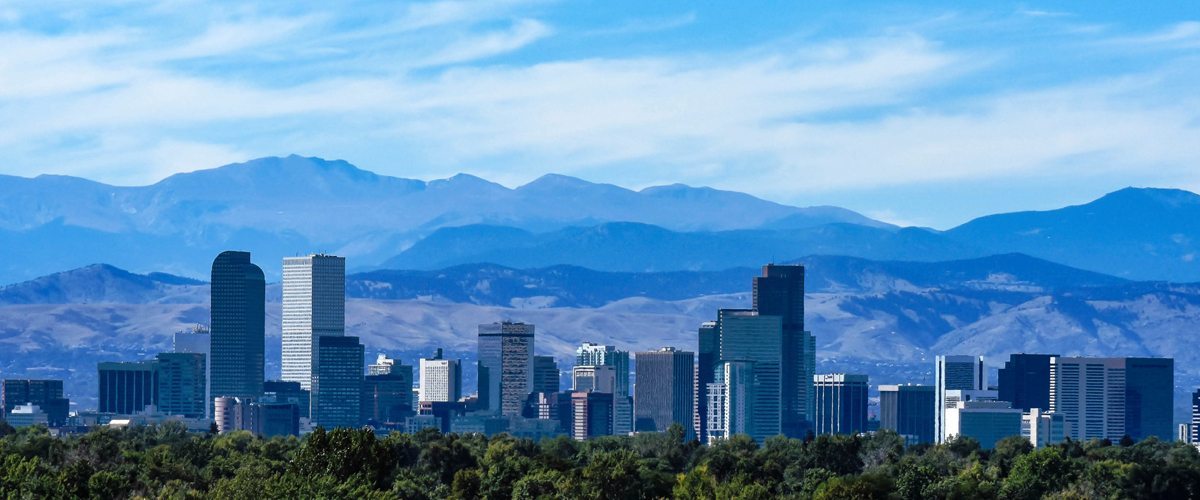[vc_row][vc_column][vc_column_text]
The latest data from Colorado’s Department of Revenue shows that the state generated over $180 million in tax and fee revenue through the first 11 months of 2016.
With a month’s worth of sales still to be calculated, Colorado’s total marijuana sales for 2016 are just shy of $1.2 billion, reports The Cannabist. According to the latest revenue data from Colorado’s Department of Revenue, the state racked up over $106 million in sales in November. December’s sales totals, and subsequently the totals for 2016, will be available next month.
Colorado’s sales number for November consisted of $72.4 million in recreational product sales and nearly $34 million in medical sales. The month’s transactions are lower than the monthly sales totals from earlier this year, which regularly broke records.
Colorado’s marijuana sales had surpassed the $1 billion mark in October. Marijuana sales were up more than 33 percent through November compared to the first 11 months of 2015, when Colorado marijuana shops tallied roughly $895 million.
With $17.7 million in revenue generated from marijuana sales taxes and fees in November, Colorado has now collected $180.4 million in revenue for the year. The state currently applies a 15 percent excise tax on wholesale marijuana transfers, a 2.9 percent sales tax to both medical and recreational marijuana sales, and an additional 10 percent special sales tax to recreational sales.[/vc_column_text][/vc_column][/vc_row][vc_row][vc_column][vc_single_image image=”17394″ img_size=”1200×250″ onclick=”custom_link” img_link_target=”_blank” link=”https://www.medicalmarijuanainc.com/legal-marijuana-sales-forecasts-potentially-44-billion-2020/”][/vc_column][/vc_row][vc_row][vc_column][vc_column_text]Earlier this month, Gov. John Hickenlooper proposed increasing taxes on marijuana sales. The proposal would raise the special sales tax on recreational products to 12 percent. Hickenlooper is hoping the estimated $41.9 million money generated from the tax bump can help fill a $135.1 million gap in K-12 school funding.
Colorado’s Proposition AA, which was passed in 2013, allows the state legislature the flexibility to increase or decrease the special sales tax and wholesale excise tax. While some advocates are concerned the proposed 2 percent increase in taxes could stifle sales, Colorado Fiscal Institute economist Chris Stiffler doesn’t believe it will cause any type of blow to the industry.
“I don’t see sales tapering off,” Stiffler told The Cannabist. “I see sales continuing their strong trajectory.”
Nearly a quarter of the tax and license fee revenue that’s generated from marijuana sales goes to school construction. Money also goes to drug prevention and other health programs. Some of the surplus revenue is being used to study the effects of legalization. The city of Aurora is using its excess tax revenue from recreational marijuana sales to feed, house, and otherwise support its homeless population.
Colorado is one of eight U.S. states so far that have legalized adult use marijuana and one of 28 states to legalize medical marijuana. A recent report from New Frontier Data and ArcView Market Research says the nation’s legal cannabis market is growing faster than the dot-com boom of 2000 and projects that the nation’s medical sales to have a gross domestic growth rate of 25 percent and exceed $21 billion by 2021.
Read the entire report from The Cannabist, here.
Learn more about Colorado’s cannabis laws by visiting our education page.[/vc_column_text][/vc_column][/vc_row]






